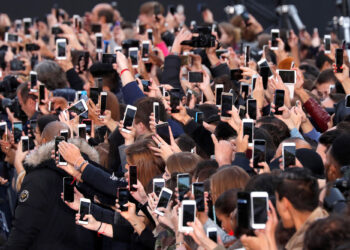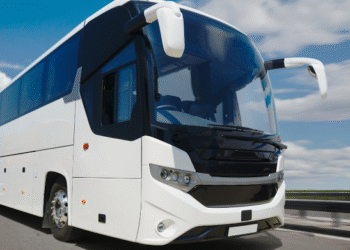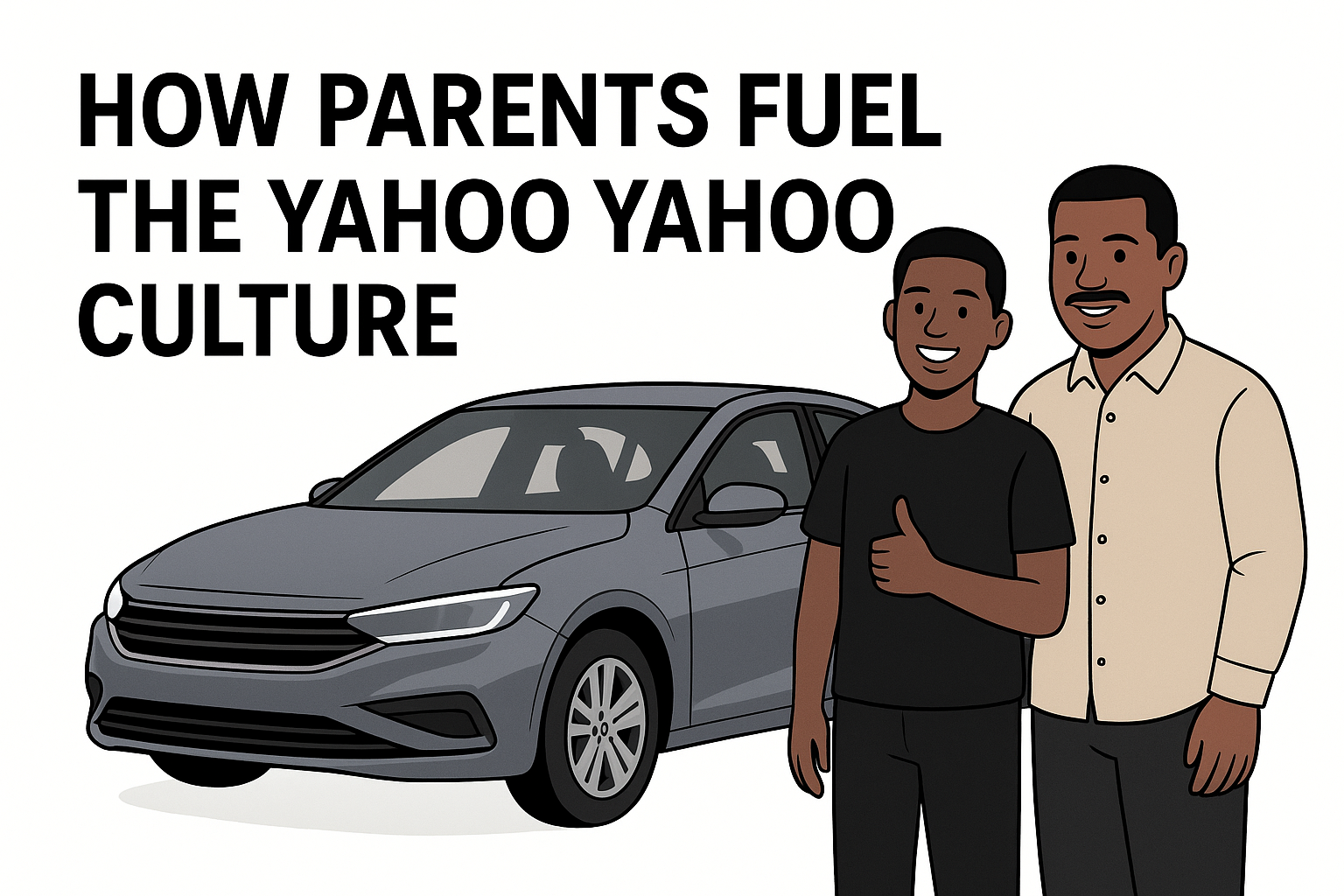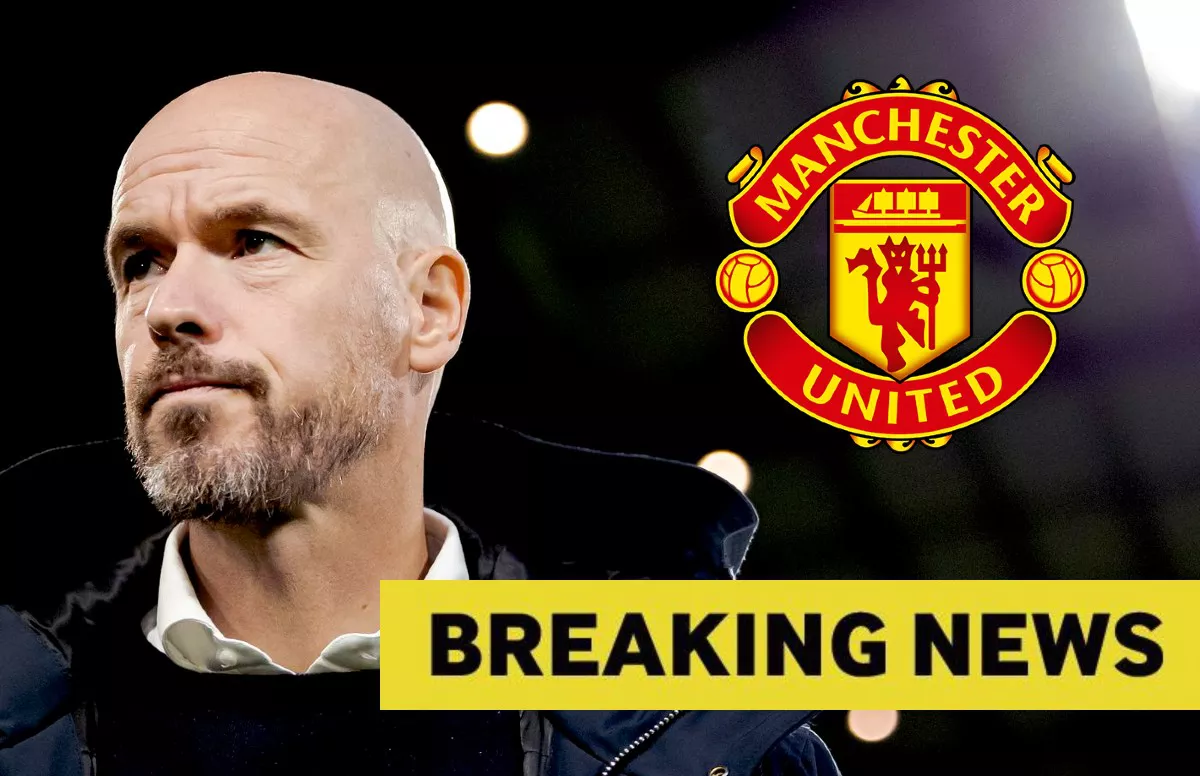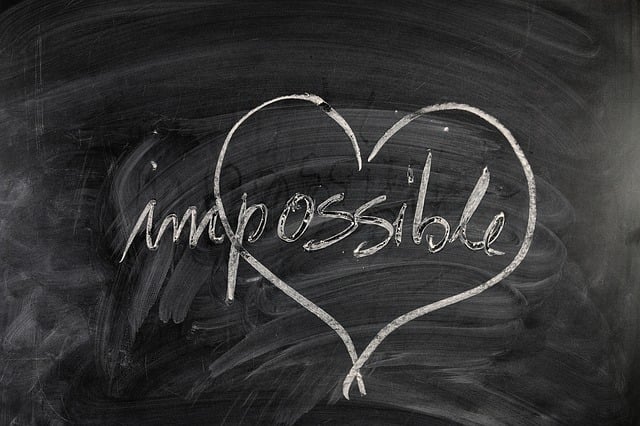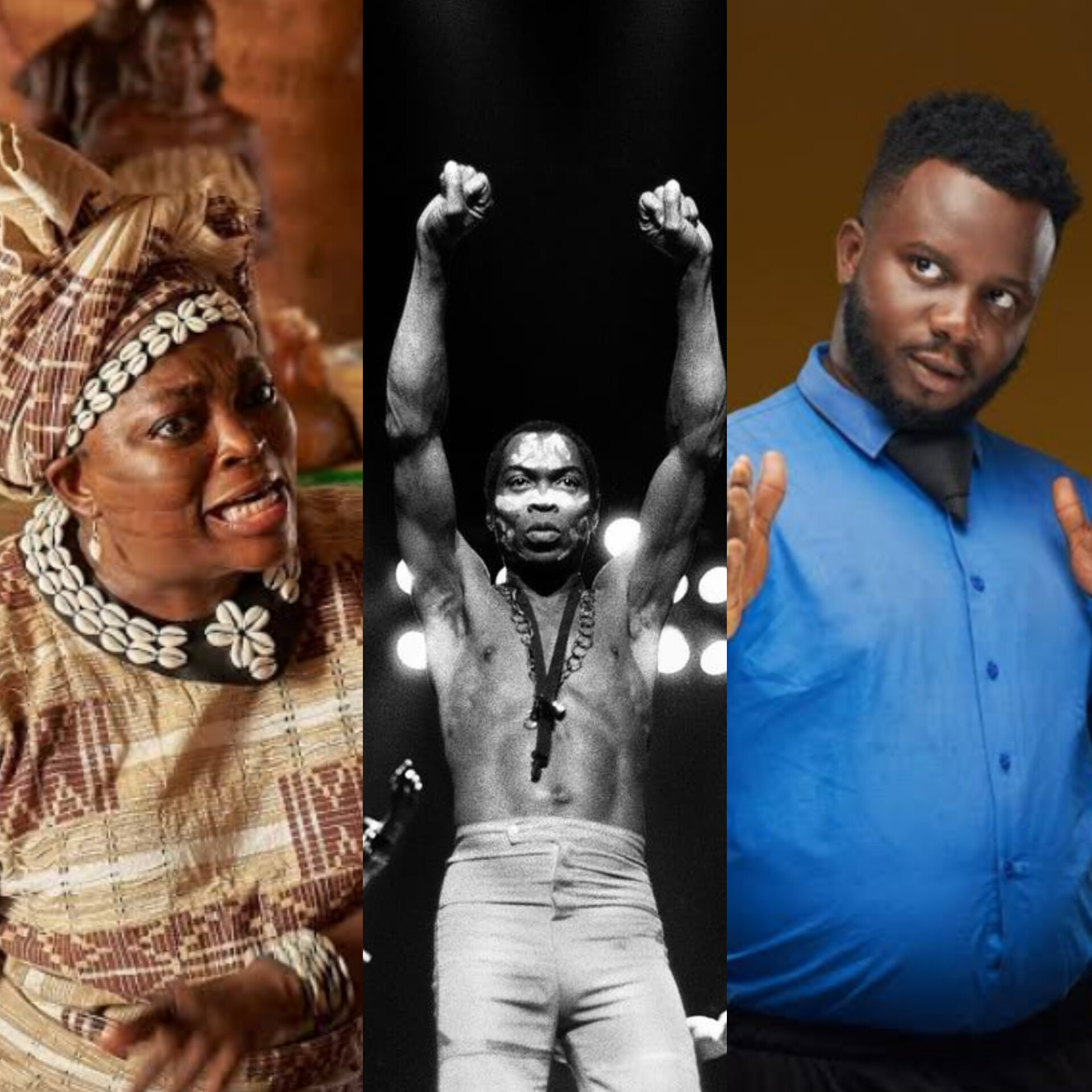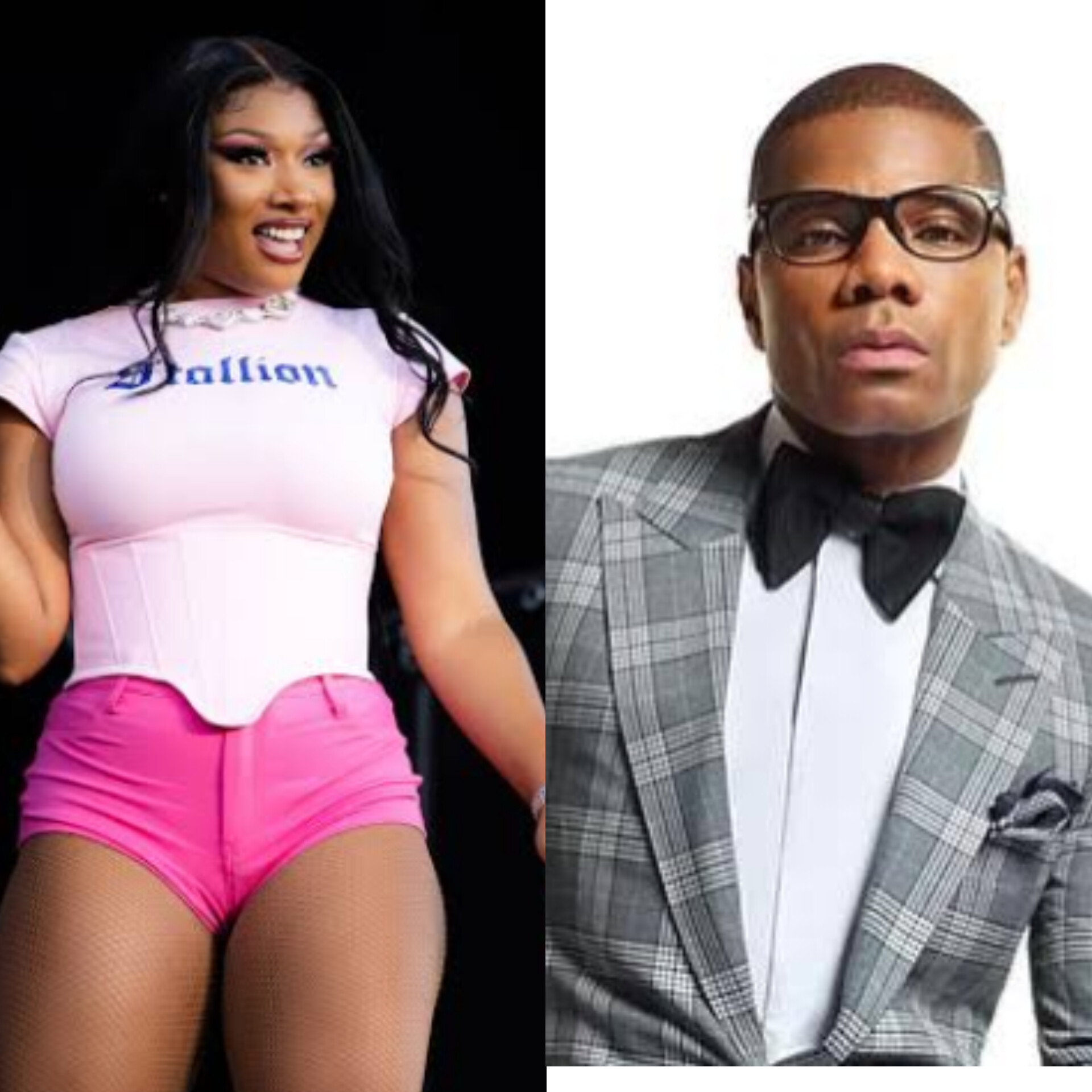By Fasuyi Tolulope Samuel
Despite looting millions—sometimes hundreds of millions—of dollars, Nigerian politicians are conspicuously absent from the Forbes list of Africa’s richest.
This has led many to wonder: how can individuals accused of siphoning such vast sums fail to appear alongside the Dangotes and Otedolas of the continent?The answer lies in the fundamental difference between wealth and documented wealth.
Forbes doesn’t just tally up hearsay or assumptions. Its methodology involves tracking tangible, legally acquired assets—public company shares, real estate holdings, businesses, and investments.
In contrast, the wealth of many politicians is hidden behind layers of proxies, shell companies, offshore accounts, and coded transactions. It’s not wealth you can see on paper—it’s wealth designed to disappear.
Many Nigerian politicians do not own visible enterprises generating legal income. Instead, their fortunes are allegedly built on backdoor deals, inflated contracts, embezzled public funds, and crude oil theft.
These sources, while immensely lucrative, are neither transparent nor verifiable, and therefore fall outside the scope of Forbes’ calculations.
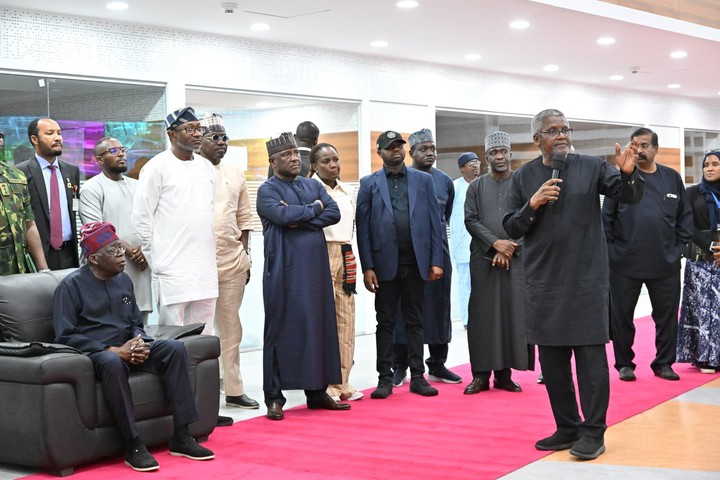
Read: 5 Powerful Things to Know About Late Billionaire Alhaji Aminu Dantata
Another major reason is the deliberate concealment. Politicians often stash their money in foreign banks, buy assets under relatives’ names, or use fronts to run businesses.
Their aim is not to flaunt their net worth publicly, but to shield it from public scrutiny, anti-corruption agencies, and political rivals. Forbes can’t assess what it can’t trace.
Then there’s the risk factor. A Forbes listing attracts global attention, tax authorities, and regulatory bodies. It’s the last thing a politician with dirty money wants. The power they wield thrives in the shadows, and the moment they come into the global spotlight, they risk investigation—and potential prosecution.
Furthermore, most Nigerian politicians see wealth not as a means of economic power, but as political ammunition. Money buys influence, loyalty, and control—not headlines.
The irony? Some politicians are wealthier than recognized billionaires, yet live in constant fear of exposure. So while they may drive $500,000 cars and own mansions in London or Dubai, they remain invisible in legitimate wealth rankings.
Until anti-corruption measures become truly effective, and political office becomes a place of service rather than self-enrichment, Nigerian politicians will continue to be “billionaires in hiding”—too rich to be poor, but too dirty to be listed.




